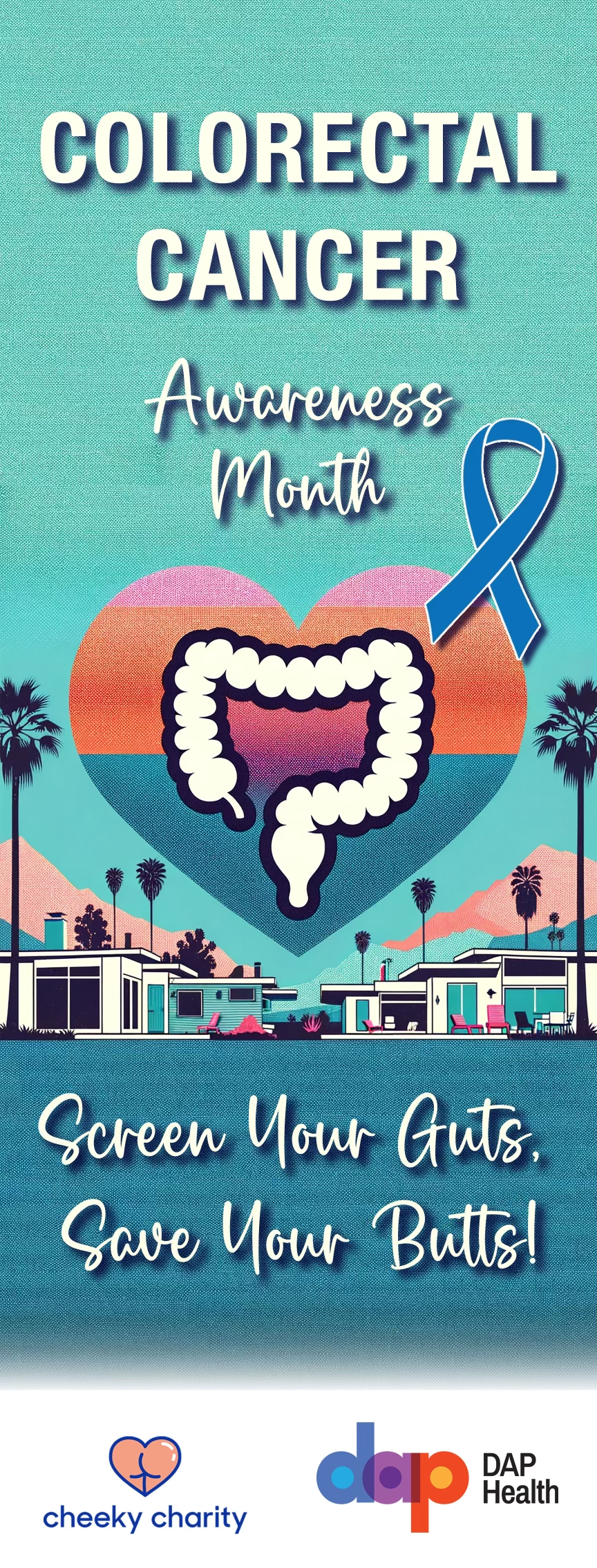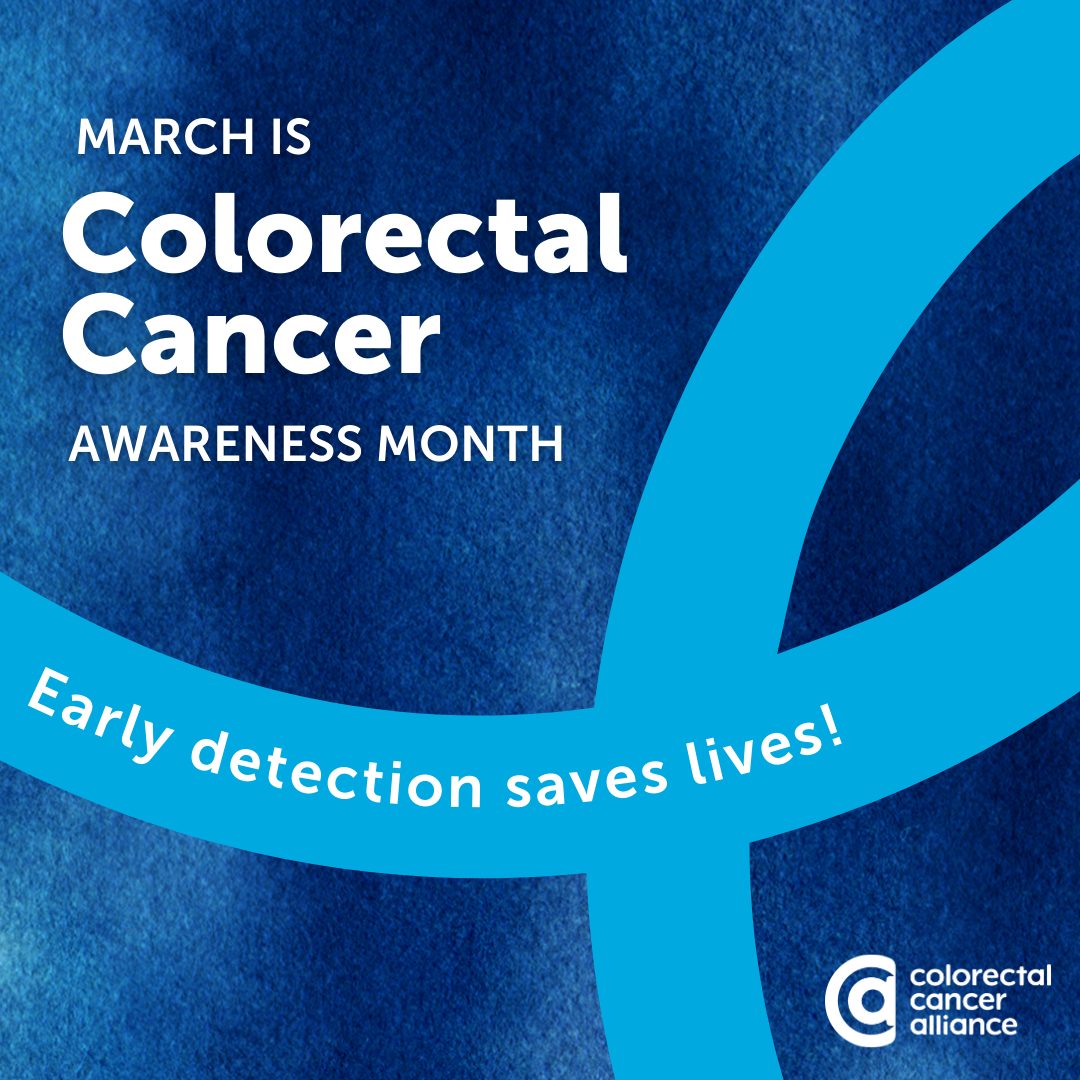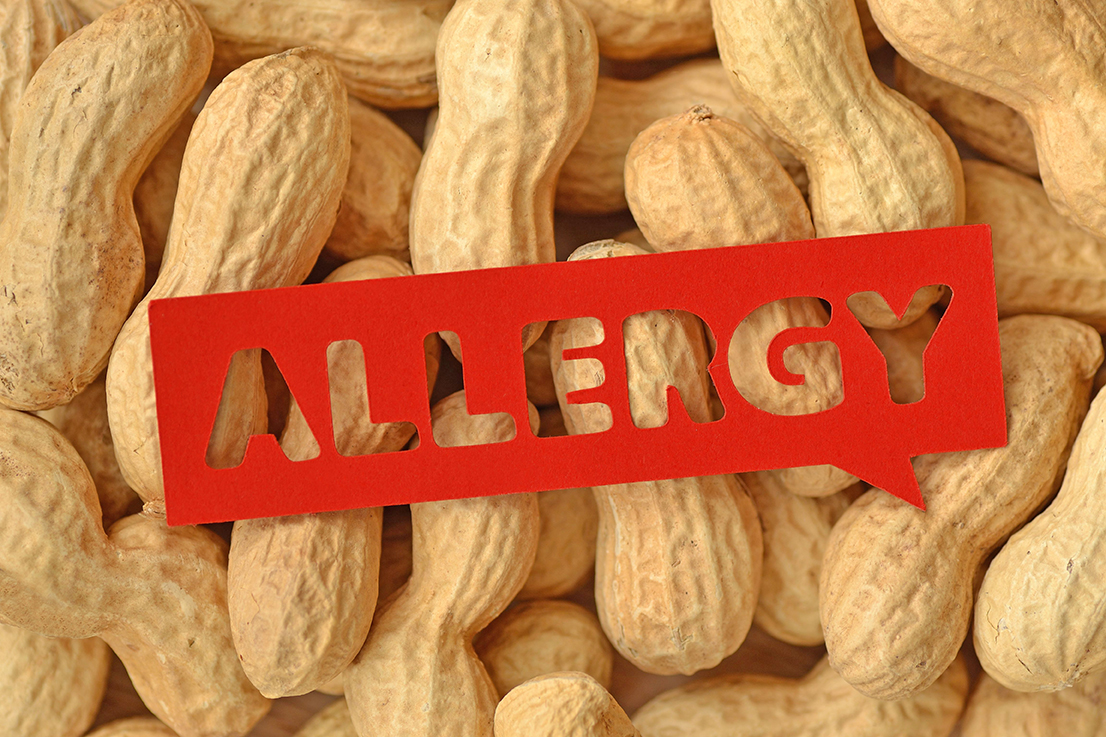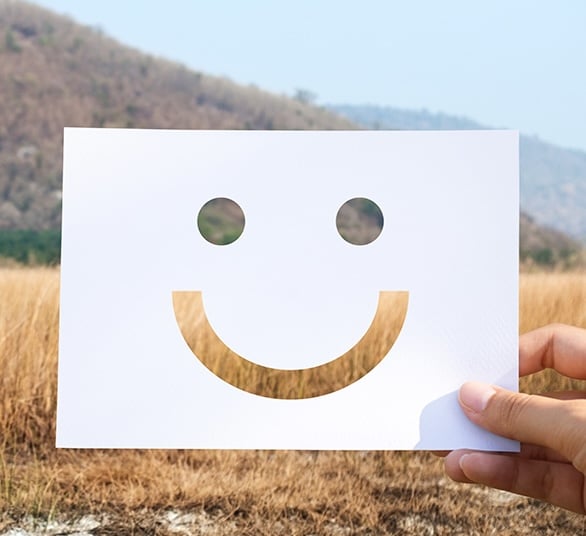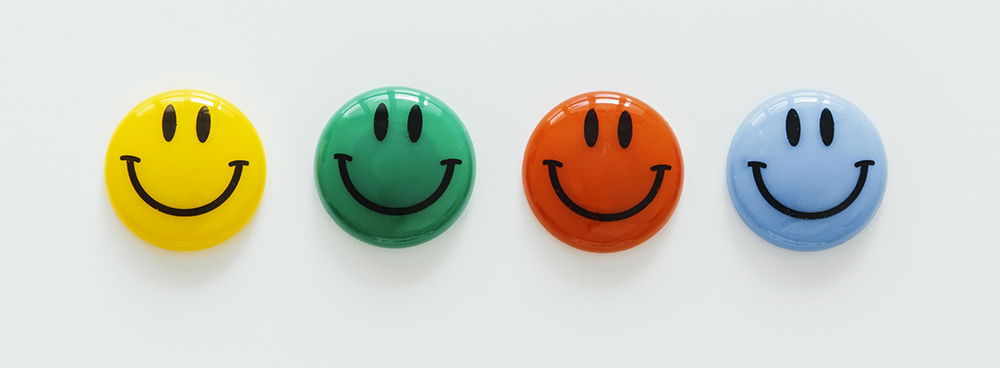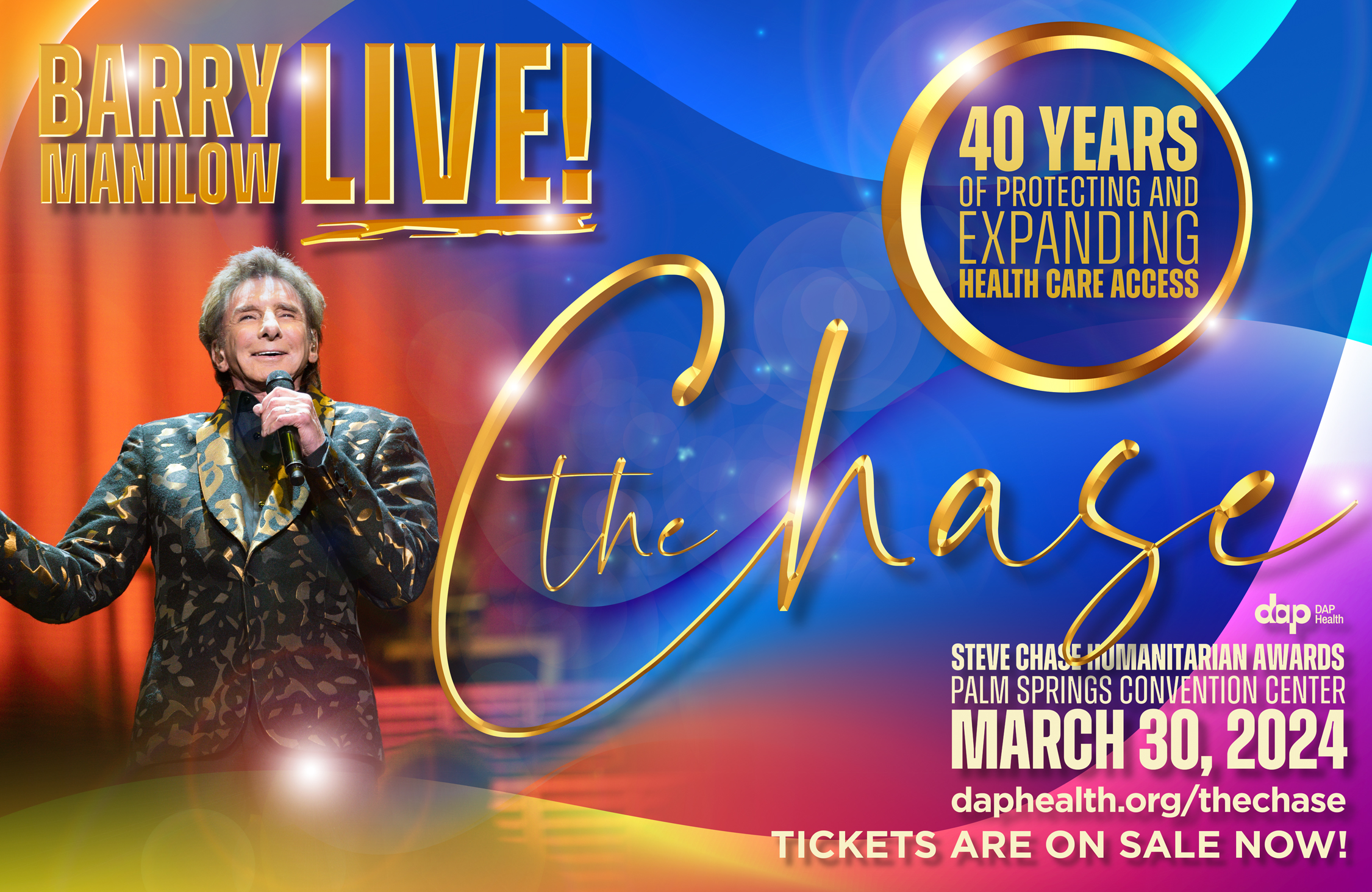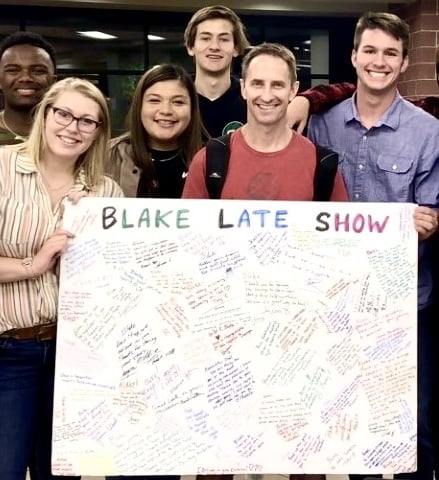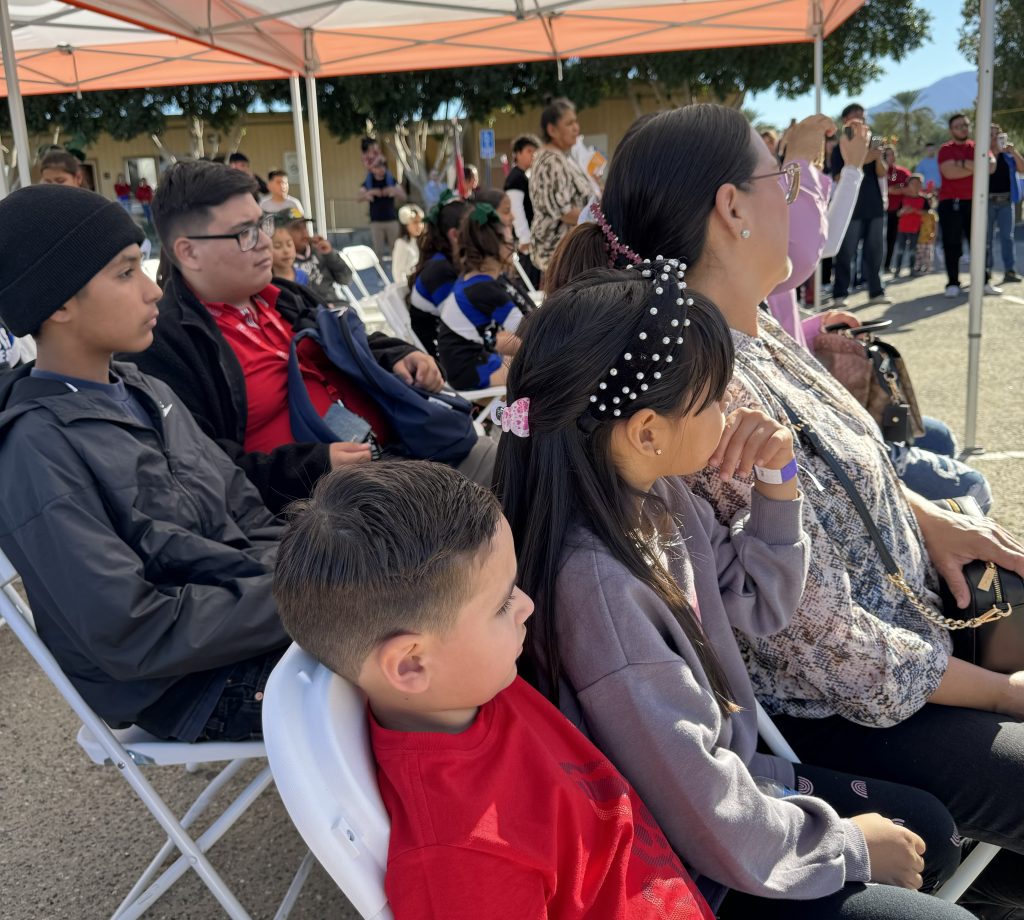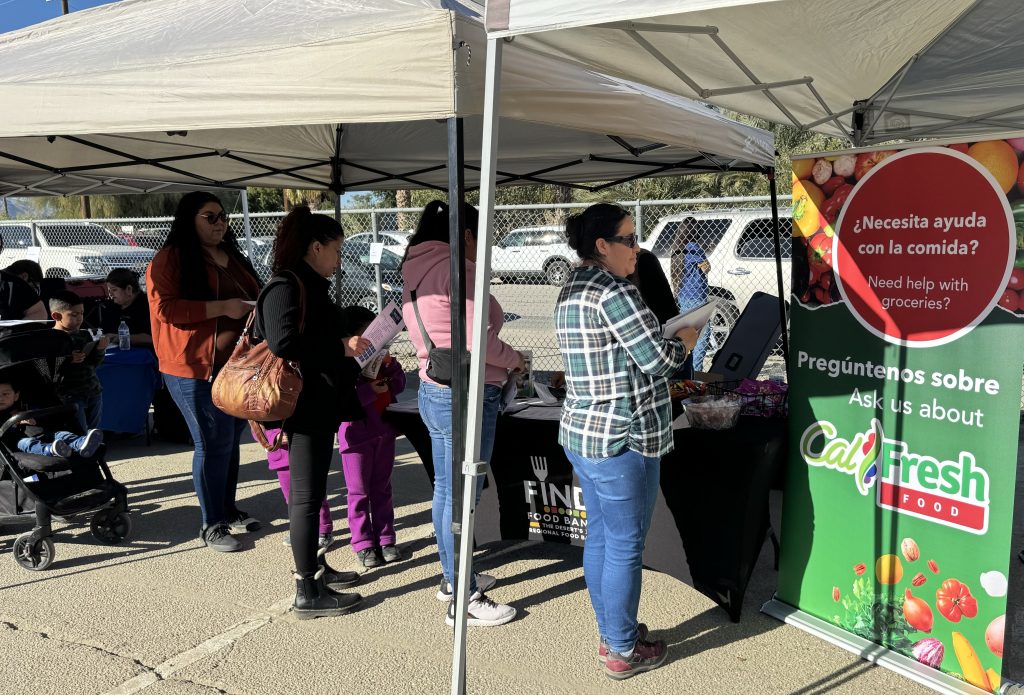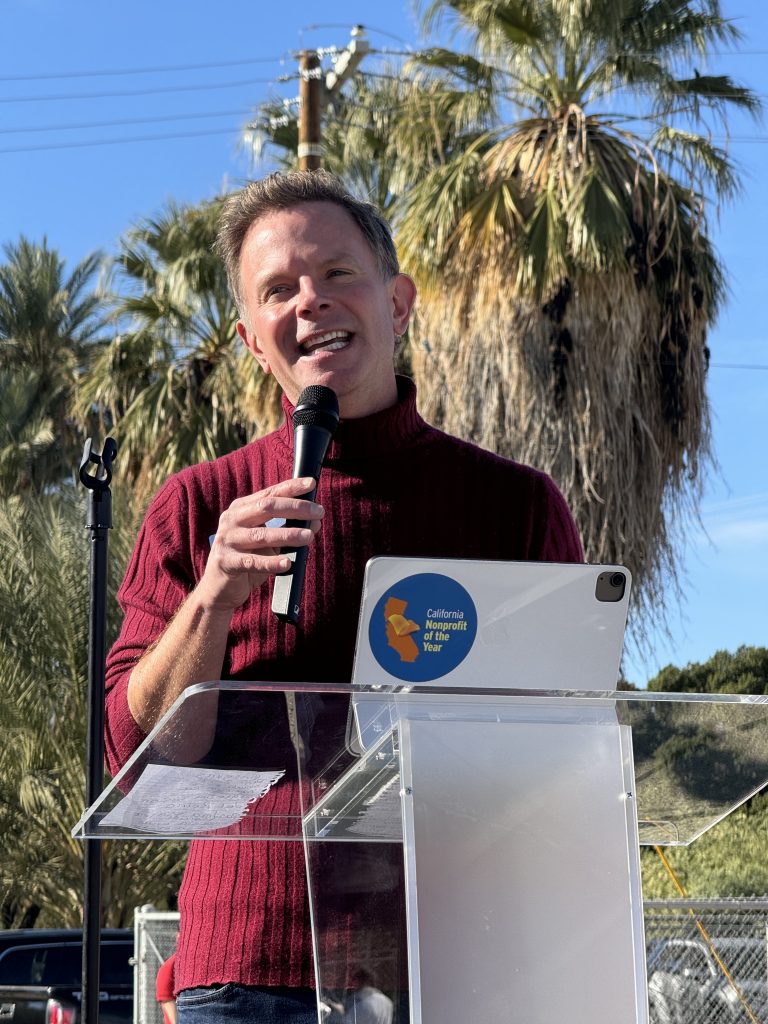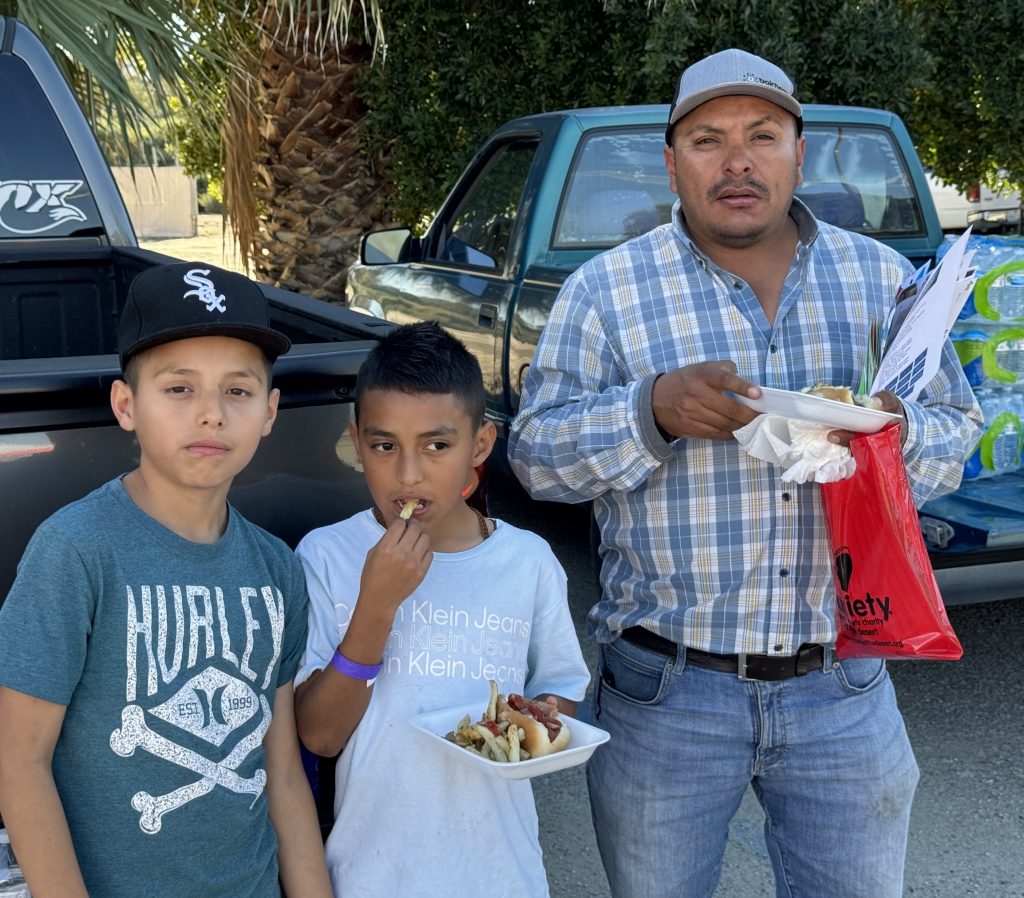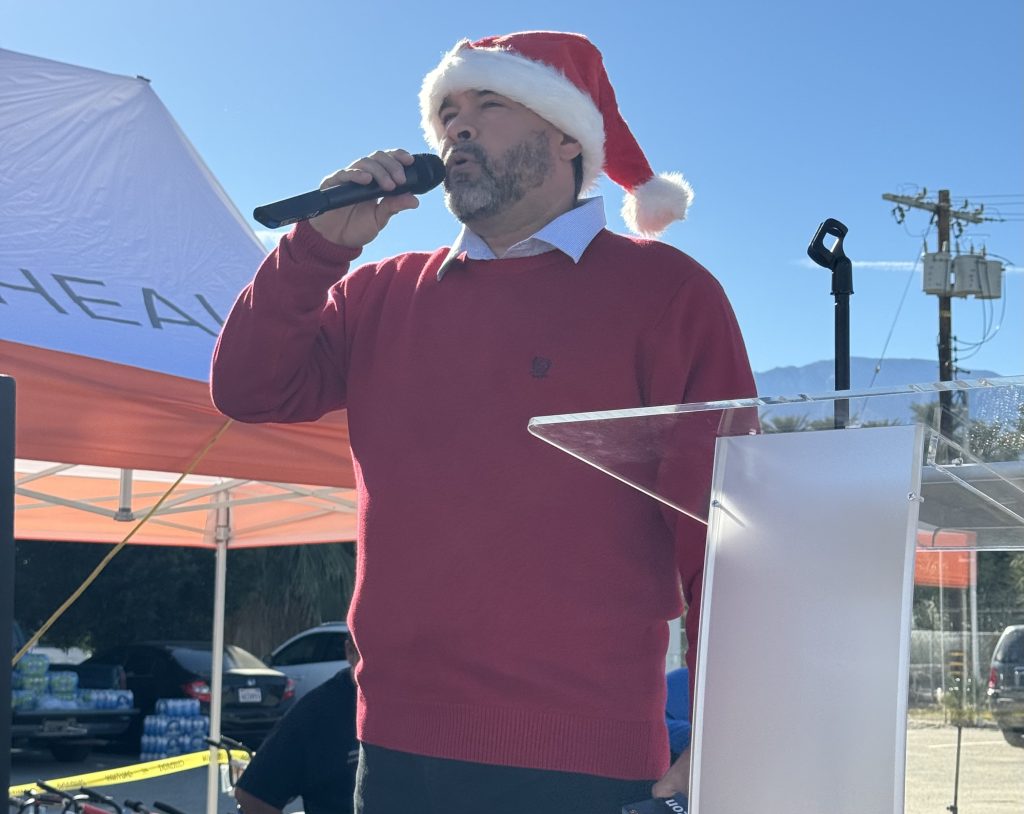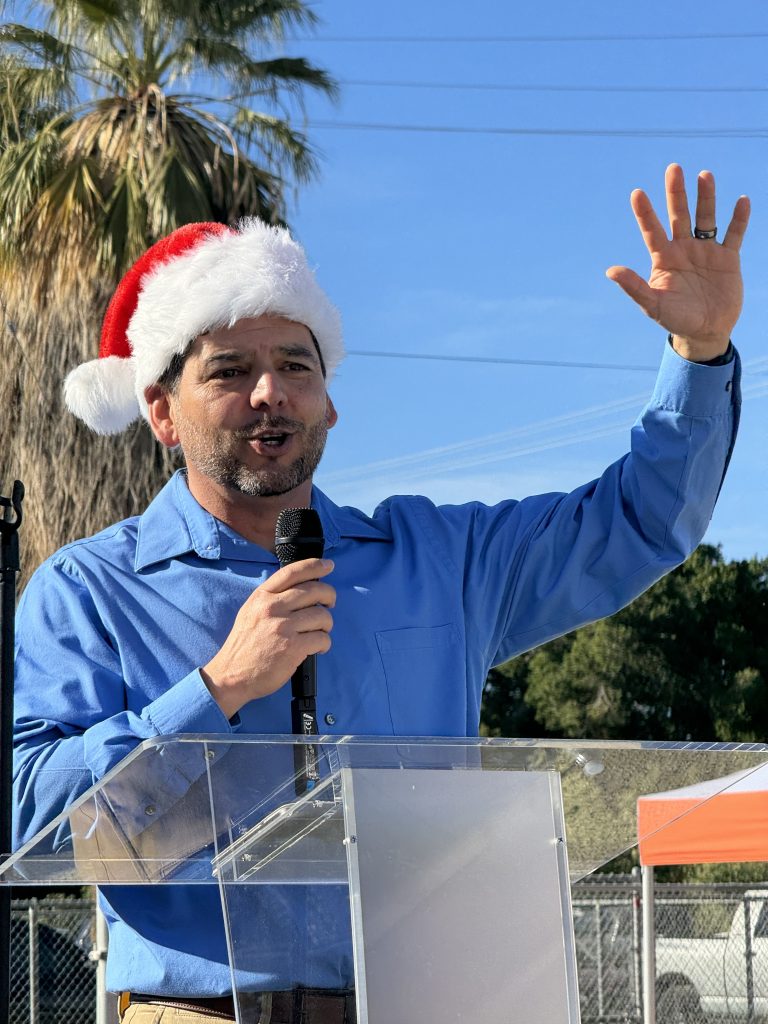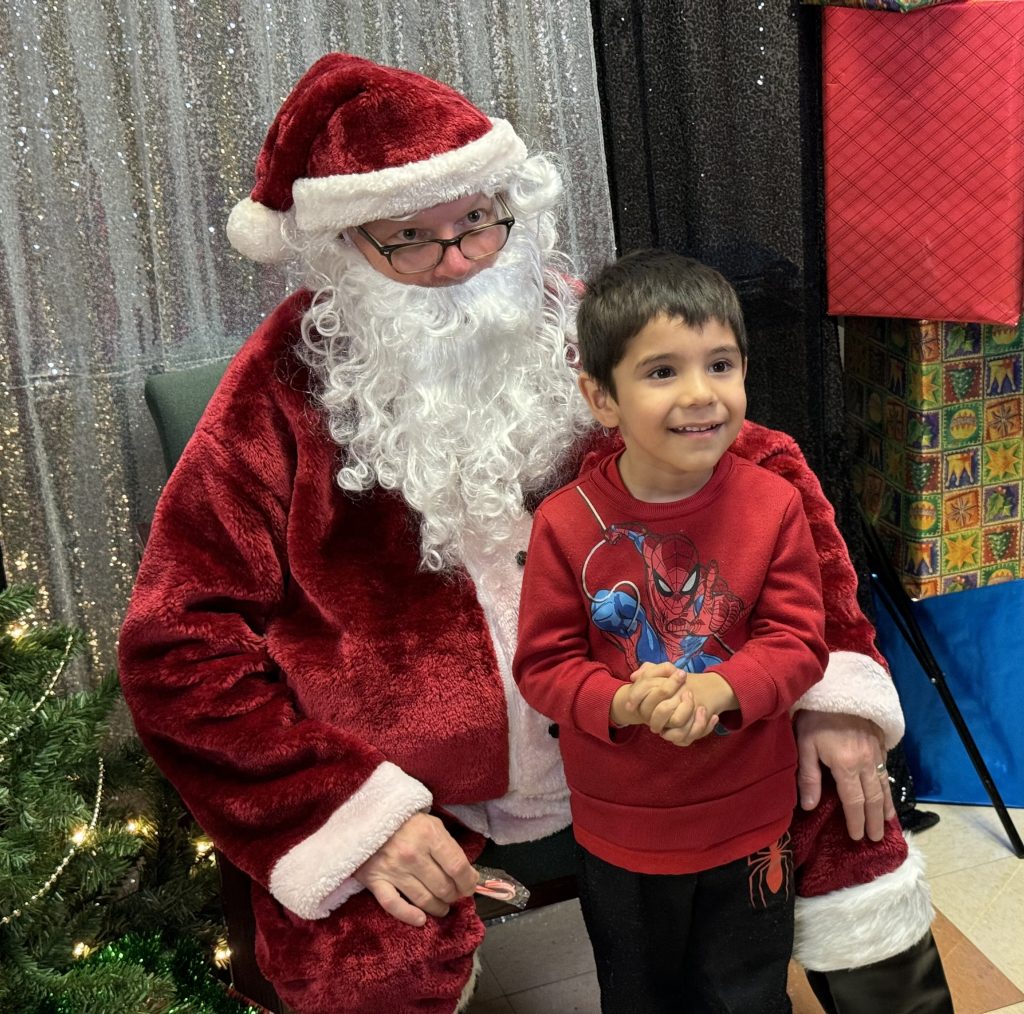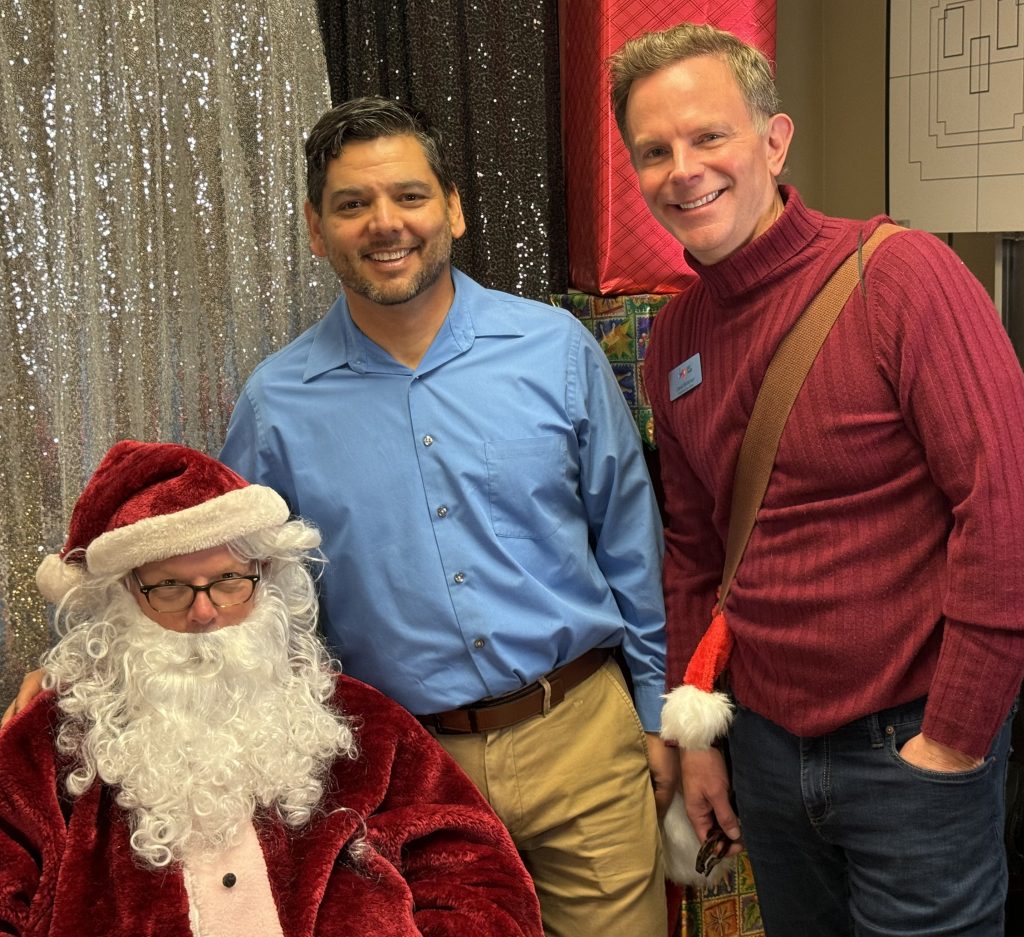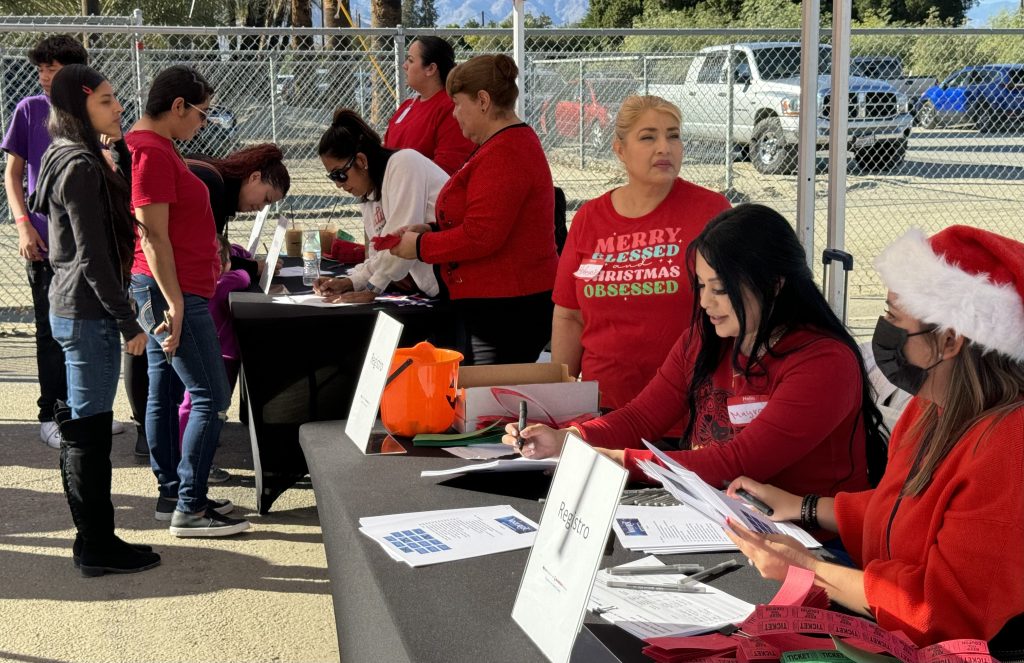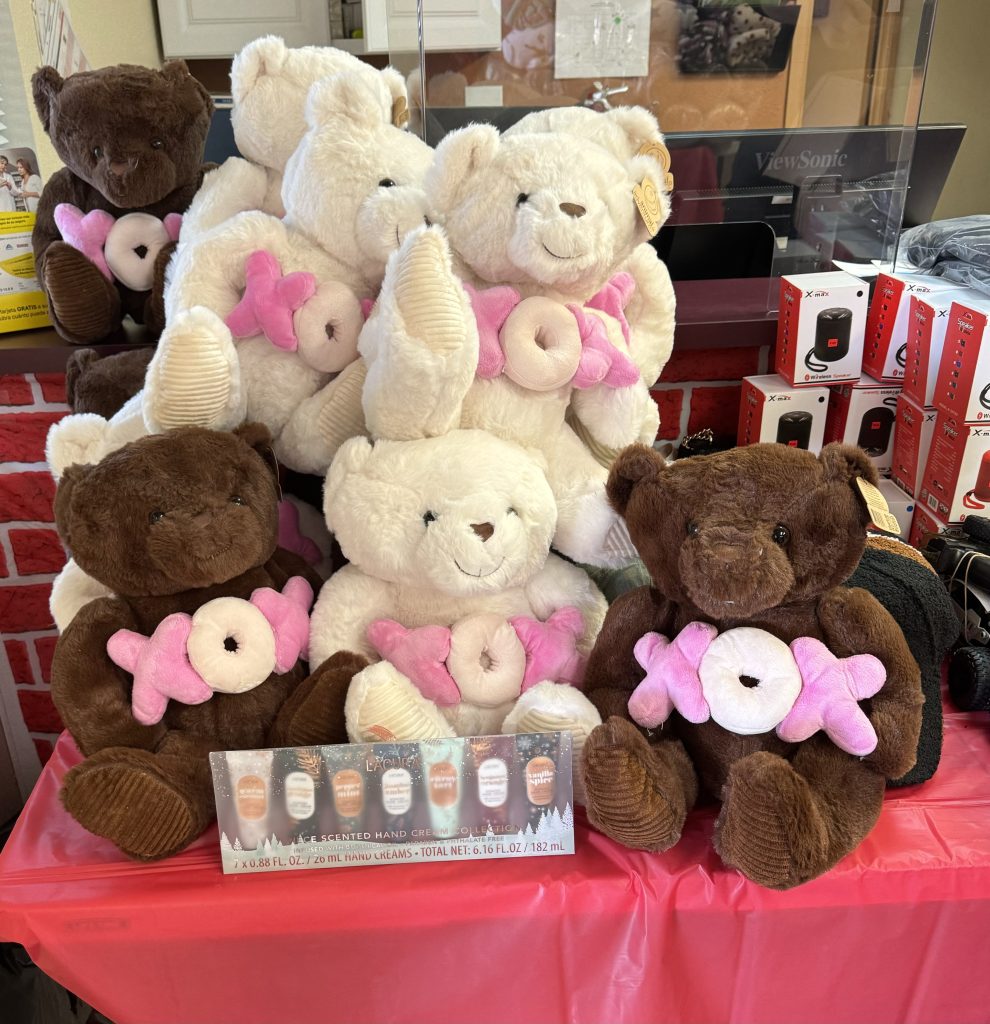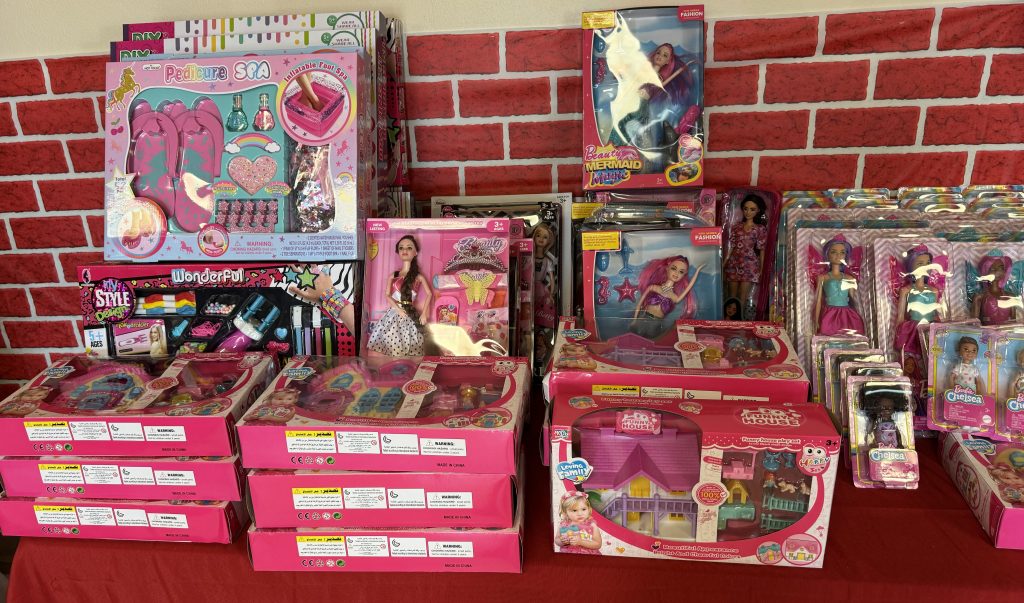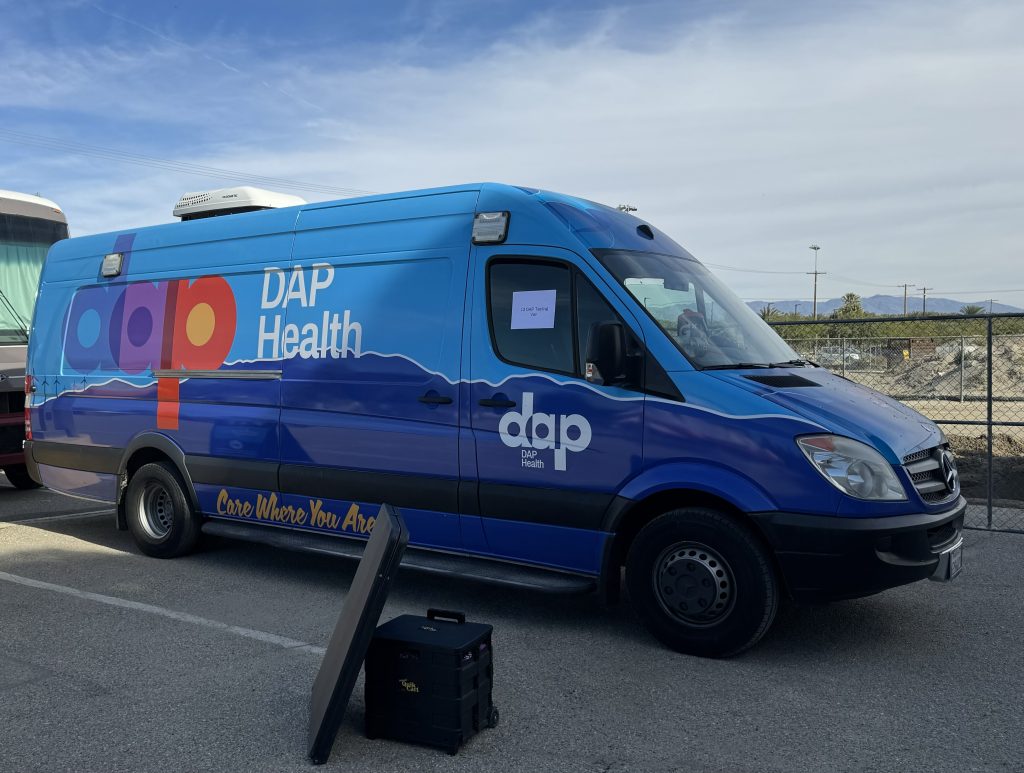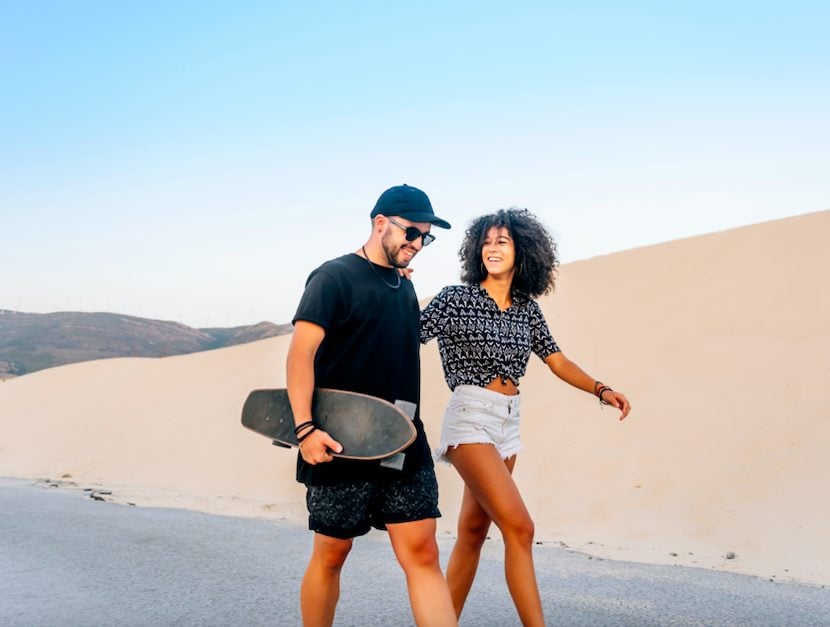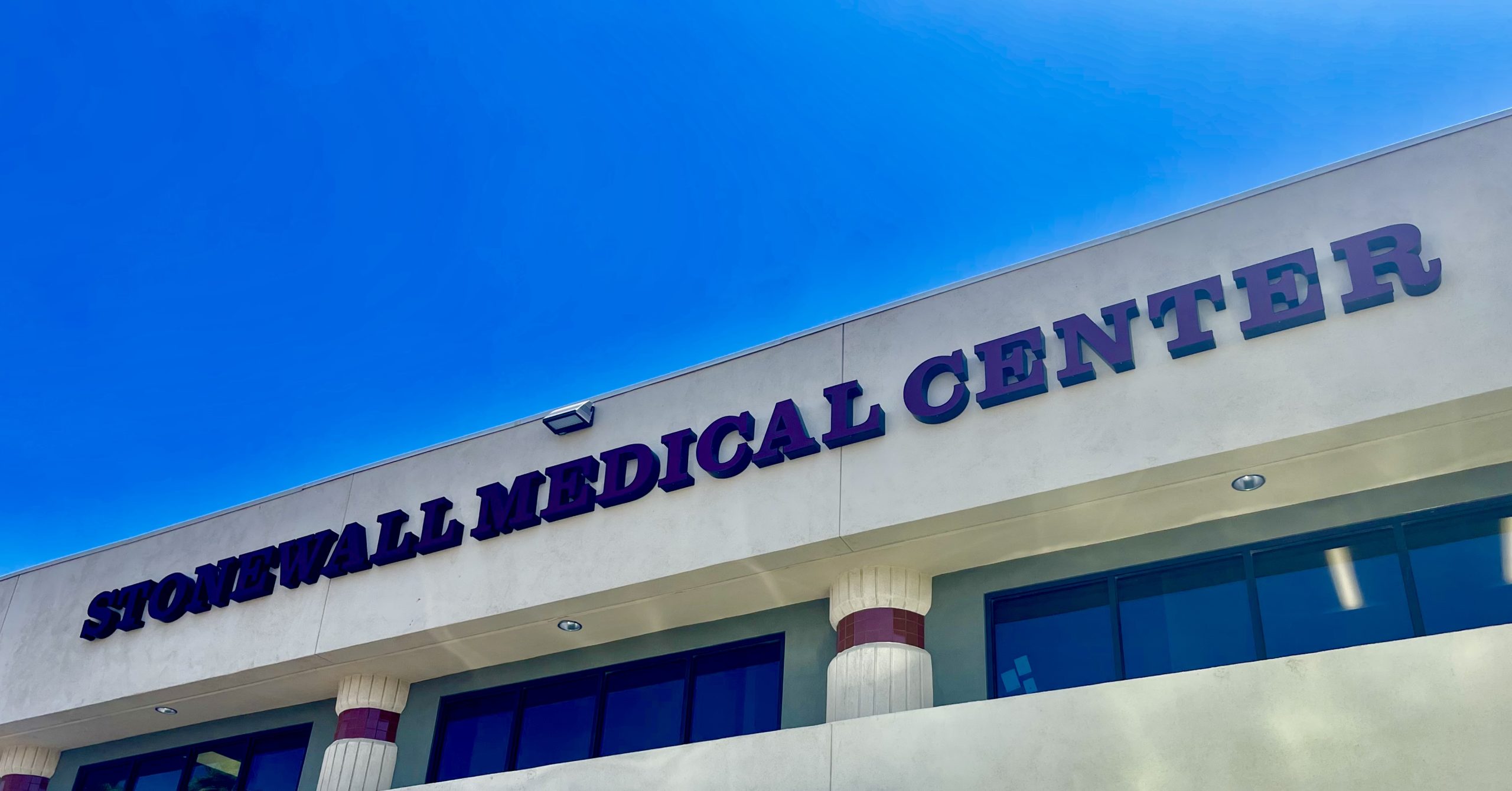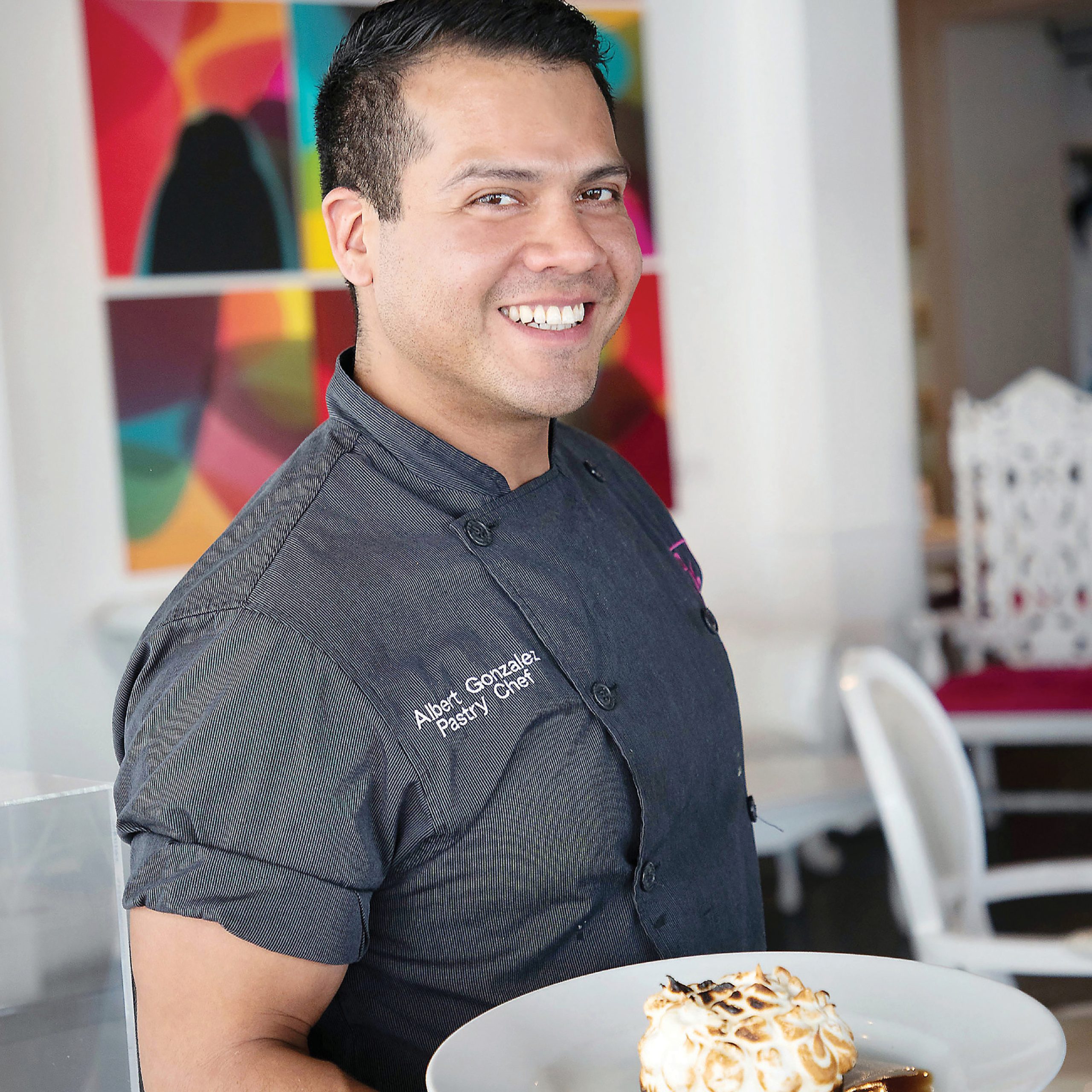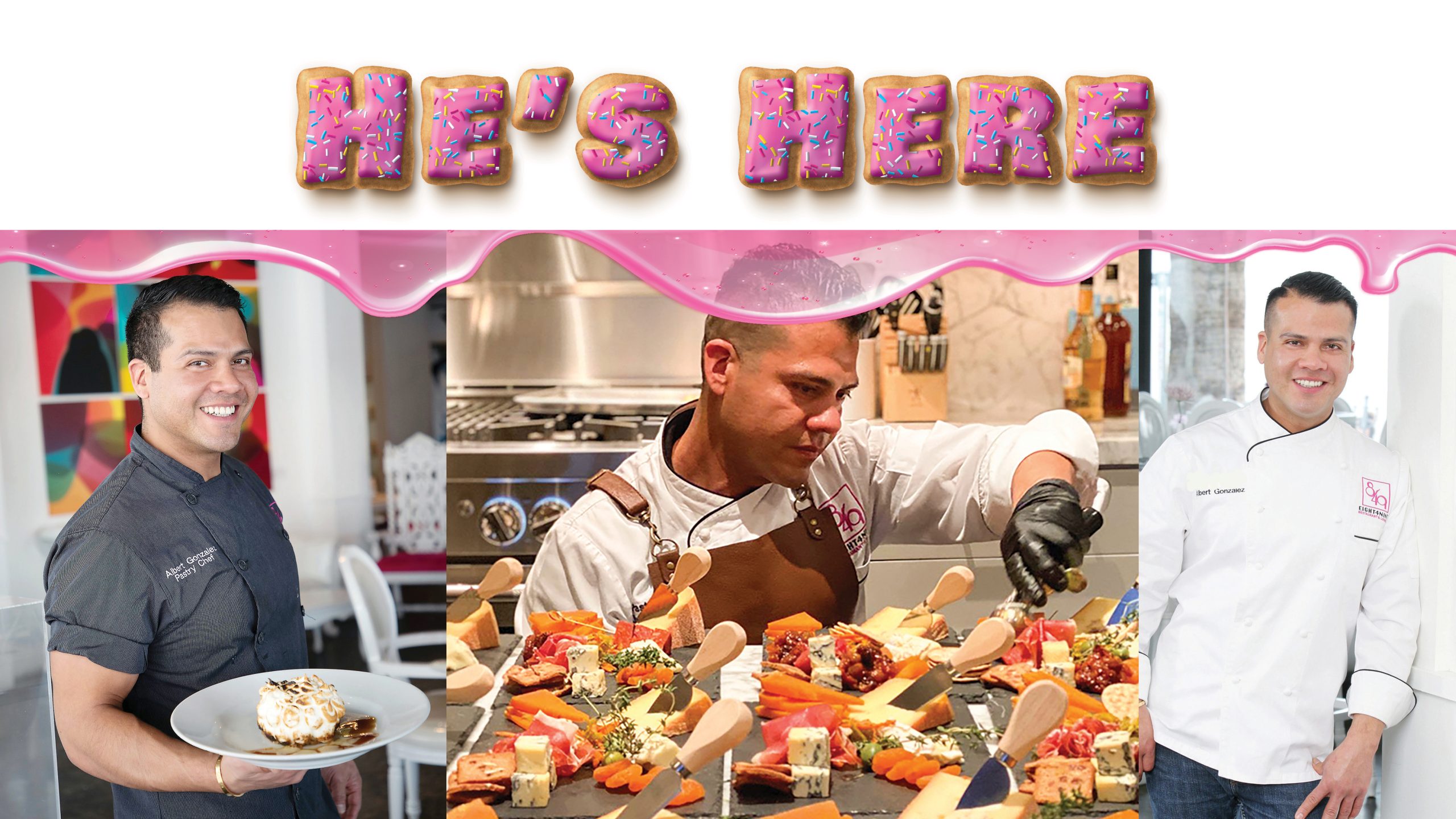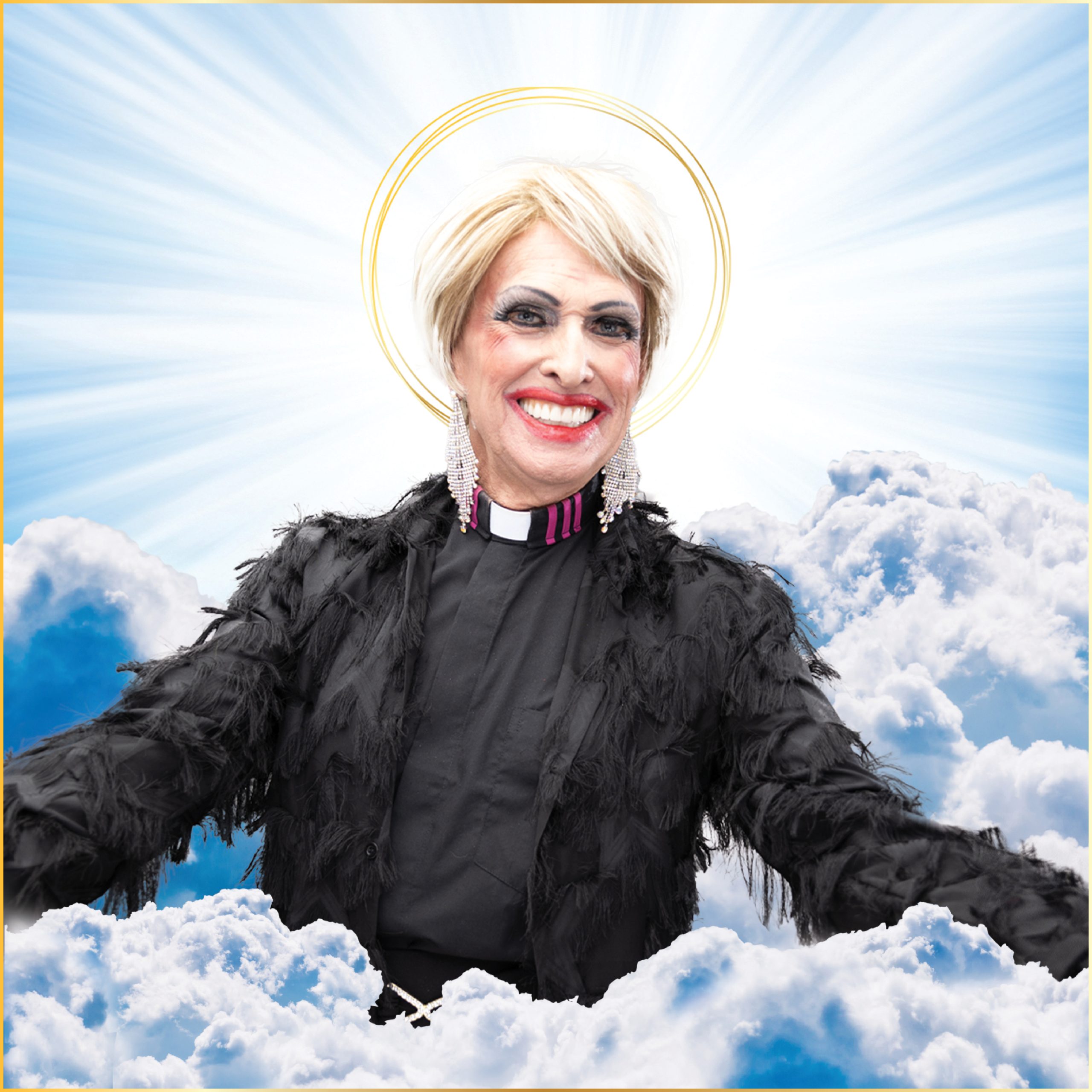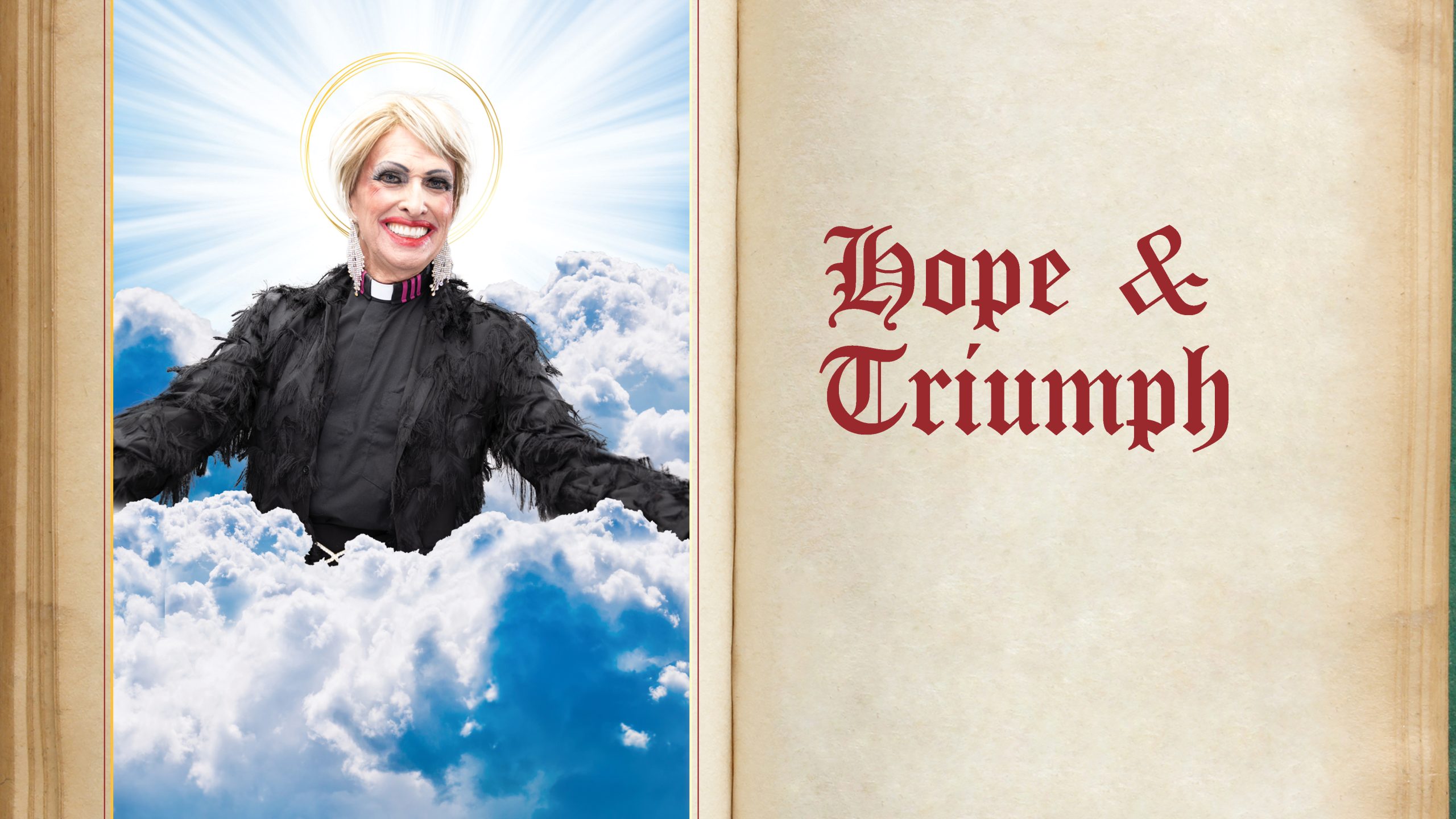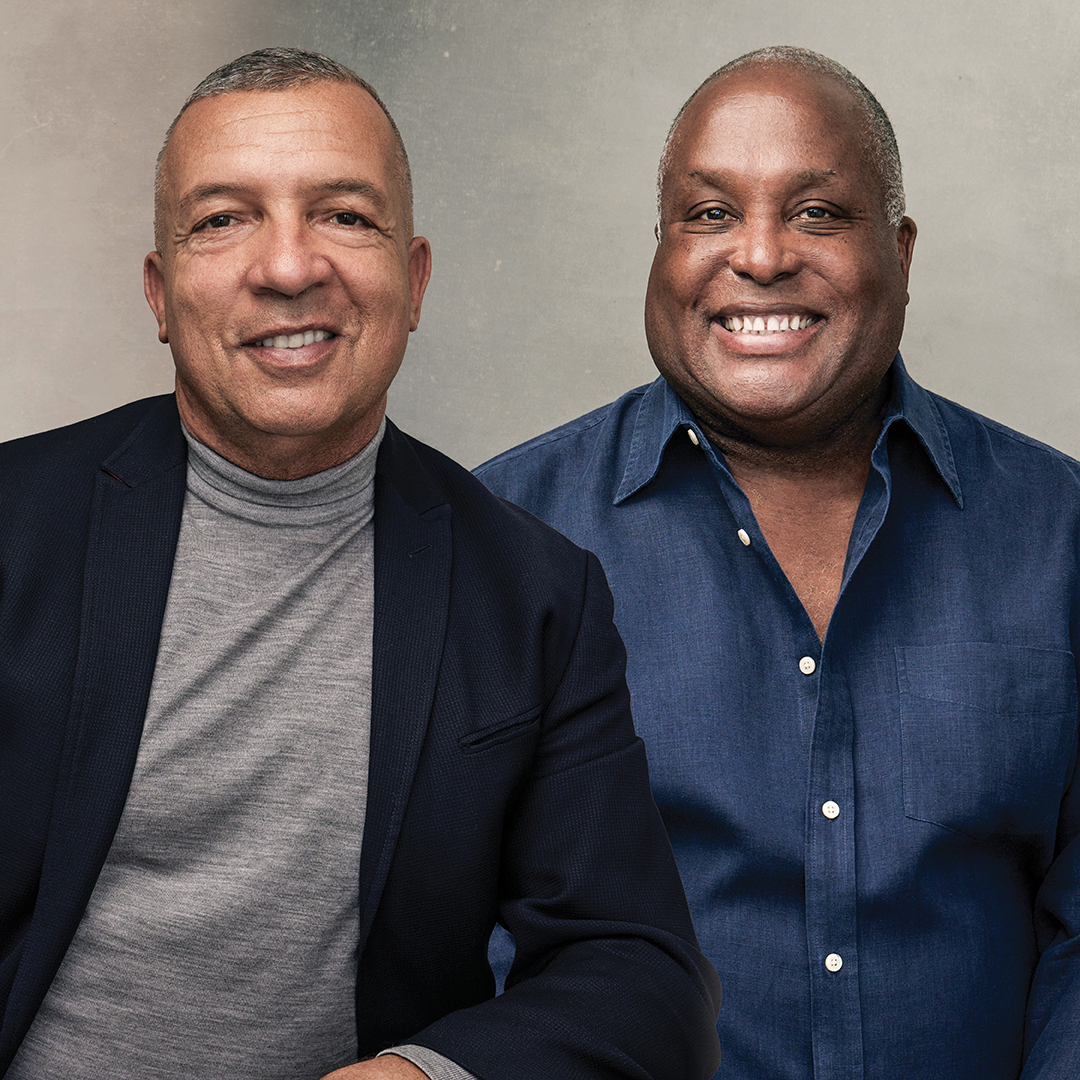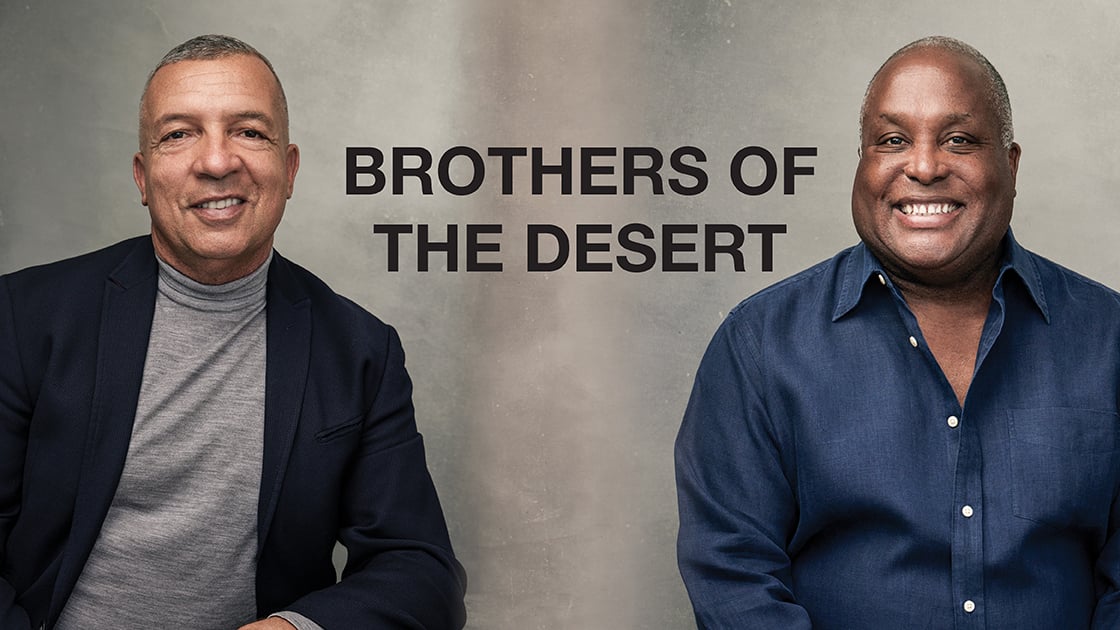
March is Colorectal Cancer Awareness Month
Here’s the 101 so that you can keep yourself and those you love safe.
Words by David Russo
“Colon cancer is the battle we can win with early detection and regular screening.”
— Unknown
DAP Health’s Associate Chief Medical Officer Dr. Silas Gyimah is fond of that inspiring citation of unknown derivation. As the founder of the Palm Springs-based, queer-led nonprofit Cheeky Charity — whose mission is to facilitate colorectal and anal cancer prevention, early detection, and support, with a focus on the young and LGBTQ+ populations — so am I.
“At every visit, we verify records to see if a patient is due for a screening,” Gyimah says. “If they are, we schedule them, focusing on FIT [fecal immunochemical test] and colonoscopies as our primary screening methods. This is a true implementation of the quote above.”
Let’s delve more deeply into this largely preventable and curable disease.
Colorectal Health: Understanding and Prevention
Colorectal cancer (CRC), once predominantly a concern for older adults, is now increasingly affecting younger individuals. This shift necessitates a renewed focus. Understanding the nuances of colorectal health is vital for individuals of all ages.
Understanding Colorectal Cancer
CRC originates in the colon or rectum, part of the digestive system. It usually begins as small, noncancerous (benign) clumps of cells called polyps that form on the inside of the colon. Over time, some of these polyps can become colon cancers.
Symptoms To Be Aware Of
CRC might not cause symptoms right away, but if they occur, they may include changes in bowel habits, rectal bleeding or blood in the stool, persistent abdominal discomfort, a feeling that the bowel doesn’t empty completely, weakness or fatigue, and unexplained weight loss. It’s important to consult a health care provider if any of these symptoms are experienced.
Risk Factors
Certain factors increase the risk of developing CRC. These include older age, a personal or family history of CRC or colorectal polyps, inflammatory intestinal conditions, a low-fiber/high-fat diet, a sedentary lifestyle, diabetes, obesity, smoking, and alcohol use. Genetics also play a role, with some inherited genes increasing the risk.
Prevention Strategies
Prevention of CRC starts with lifestyle changes. A diet rich in fruits, vegetables, and whole grains — and low in red and processed meats — can reduce risk. Regular physical activity is crucial. Maintaining a healthy weight, avoiding smoking, and moderating alcohol consumption are also recommended.
The Importance of Screening
Screening for CRC is one of the most powerful weapons for preventing the disease. It’s generally recommended to begin screening at age 45. Screening can find precancerous polyps, which can be removed before they turn into cancer. For people at higher risk, such as those with a family history, screening may be recommended earlier.
Navigating the Rising Trend in Young Adults
The rising incidence of CRC among young adults is a complex issue that involves a combination of genetic, environmental, and lifestyle factors. It’s important for young adults to:
- Be aware of their family history.
- Minimize known risks.
- Incorporate healthy preventative habits into their lifestyle.
- Regularly check for symptoms.
- Discuss screenings with their health care providers if they have risk factors.
Conclusion
As our understanding of colorectal health evolves, it becomes clear that CRC is not just a concern for the elderly. The increase in cases among younger adults emphasizes the importance of awareness and proactive health measures across all age groups. Through lifestyle modifications, regular screening, and early detection, the impact of CRC can be significantly reduced.
Resources
Colorectal Cancer Alliance, colorectalcancer.org
American Cancer Society, cancer.org/cancer/types/colon-rectal-cancer
Centers for Disease Control and Prevention, cdc.gov/cancer/colorectal
Cheeky Charity, cheekycharity.org
In a partnership between DAP Health and Cheeky Charity — and in honor of Colorectal Cancer Awareness Month — 50 eye-catching banners will be flown throughout downtown Palm Springs during March to help raise awareness and reduce stigma.
